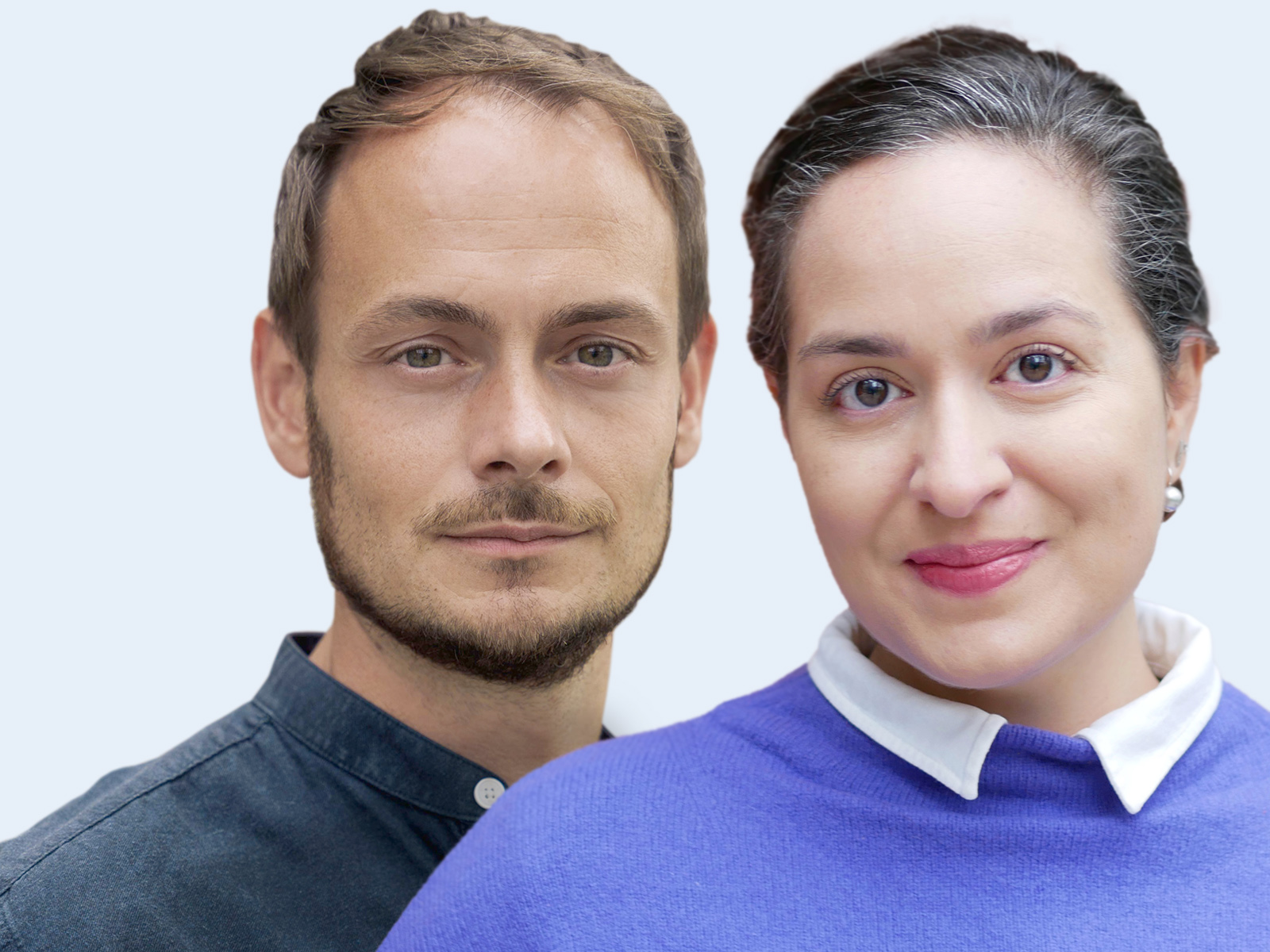
“Empowering People in Online Spaces: Democracy and Well-being in Digital Societies”
04/25/2025The Weizenbaum Conference 2025 will take place on June 4–5 in Berlin. The chairs are Antonia Meythaler, Clara Iglesias Keller, and Jakob Ohme. In this interview, we spoke about the theme, the program, and their hopes for the conference.
Digital technologies increasingly shape our social, political and economic experiences and realities; their design and use influence individual areas of life and well-being as well as social processes. The ways through which they do that, however, is influenced by drastic economic and political power imbalances, reflected, for instance, in the dominance of technology corporations, or the capacity of different nation states to regulate rapidly evolving digital markets.
Against this backdrop, the 7th Weizenbaum Conference aims to examine these issues from a citizen and user perspective. It seeks to highlight theoretical and empirical research approaches focused on empowering people’s agency within online environments at both personal and collective levels. We spoke to the chairs Clara Iglesias Keller and Jakob Ohme.
How did you come up with the conference theme?
Jakob Ohme: Its always an iterative process. But in general, since this is an interdisciplinary conference, we thought about the topics that are at stake through the use of online spaces in our respective fields and connected the dots on where we saw most overlap. Platforms affect the way democracies work, and the well-being of individuals and platform governance is important to regulate dangers that our research shows.
Clara Iglesias Keller: I agree with Jakob and I add: we couldn’t organize a conference about the digital transformation in 2025 without providing a space for fruitful and safe conversations about the role of technological infrastructure in recent political transformations. It was particularly important to us to approach the reflection on “what it means to be a democratic society in the digital era” also from an individual well-being perspective, highlighting agency, identity building and how people are navigating these challenging power imbalances in their everyday lives. And of course – in WI fashion, we could only do it through interdisciplinarity!
Why is the conference theme important now?
JO: Our feeling is, it could not be more timely. Digital platforms have accumulated a unhealthy amount of opinion power and their owners more and more use it to exercise political power. Actors on platforms still use their infrastructure for coordinated actions, such as the spread of disinformation or trying to rig elections. With several regulations such as the Digital Services Act, governments try to challenge developments in this direction, while still preserving the core idea of a digital platform that connects people, supports them and is an important knowledge base for many. Focusing the conference on these challenges and opportunities seemed a good idea to us.
CIK: The current geopolitical scenario is agitated with a series of economic, political, ideological disputes that go way beyond digital communications. But digital platforms turned out at the center of these disputes, where no less than our democratic orders and fundamental rights are at stake. Scrutinizing these business models is a decade-long conversation, which is now more urgent than ever.
Were there any surprises in the submissions for the conference?
JO: The first surprise was the sheer number of submissions, a record in the history of the Weizenbaum Conference. We were also surprised by the high quality of the submissions and how international the submissions were. #WIConf25 is going to be a truly diverse conference with submissions from more than 15 countries.
What criteria did you use to select the contributions?
CIK: We used a peer review system where authors and researchers from the Weizenbaum Institute reviewed the submissions based on their overall quality, fit with the conference theme, and their diversity in approaches and methods.
This time there is also a CSO track. How did that come about?
JO: We are in Berlin and as researchers at WI we have a lot of good contacts with CSOs in our daily work. Since a lot of high profile and important research in the area of digital sovereignty and sustainability is done by our non-academic partners, we were hoping to create a space of exchange where people who work on different types of topics meet and can learn from each other.
What do you want from the conference? What do you want participants to take away with them?
CIK: We want people to leave the conference with ideas on how online spaces can reflect democratic ideals of equality, freedom, and very important for the present times – resilient. Of course, we don’t expect ready-made solutions for the great challenges of our times. But we want the conference to present state-of-the-art research and foster discussions and collaboration on working towards successful and healthy digital environments.
JO: The #WIConf25 is also a good place to mingle and network. And since there is so much to be done, we want people also to find a moment to relax and have a good time before they continue to work on solutions for the problems ahead. You can look forward to interdisciplinary insights, exciting discussions and new impulses for shaping a fairer and more participatory digital society.